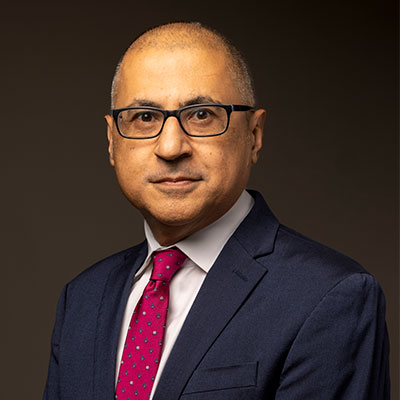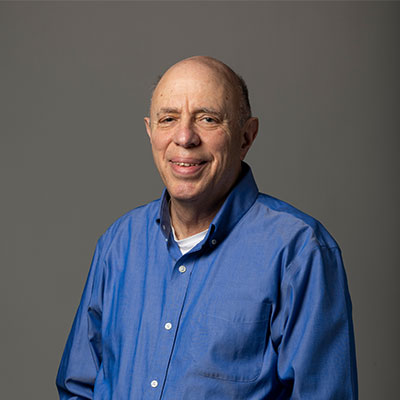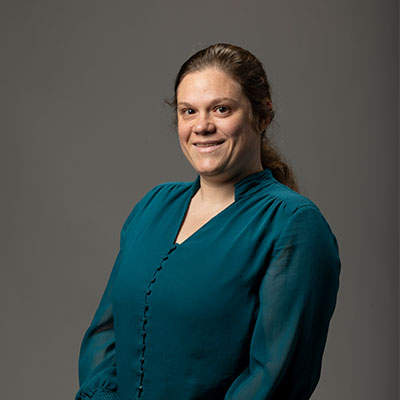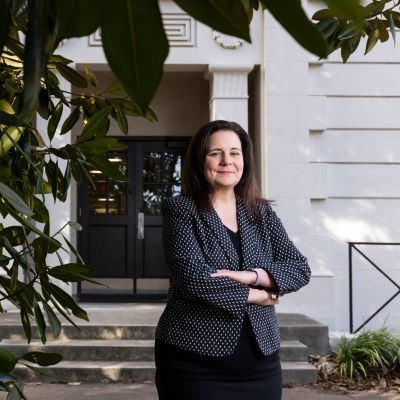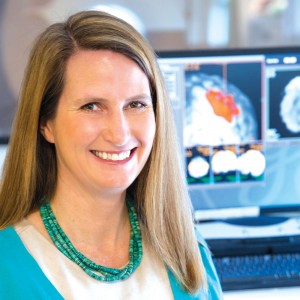Gregory Strauss
William A. Owens Creative Research Award 2025
Gregory Strauss, Franklin Professor of Psychology in the Franklin College Department of Psychology, is an internationally recognized leader in schizophrenia research, specializing in the study of negative symptoms: deficits in motivation, pleasure, and social engagement that significantly impact quality of life. His work has reshaped the conceptualization, measurement, and treatment of these symptoms, establishing him as a major force in the field. Strauss directs the Clinical Affective Neuroscience Laboratory and the Georgia Psychiatric Risk Evaluation Program, where his team develops innovative assessment tools and targeted interventions for individuals at risk for psychotic disorders. His research has been cited over 13,000 times, and he has secured more than $85 million in grant funding. With over 230 publications, numerous invited talks, and high-impact awards—including the Rising Star Award from the Schizophrenia International Research Society—Strauss continues to advance understanding and treatment of schizophrenia’s most challenging symptoms.


